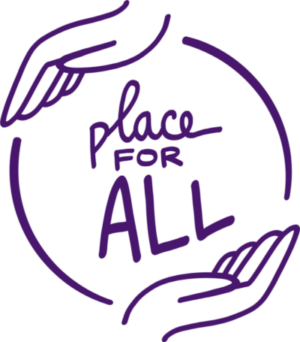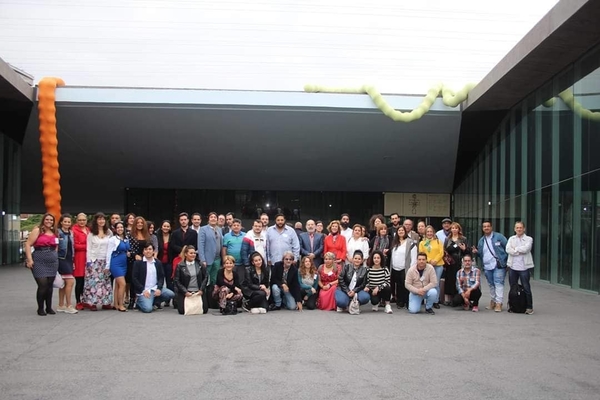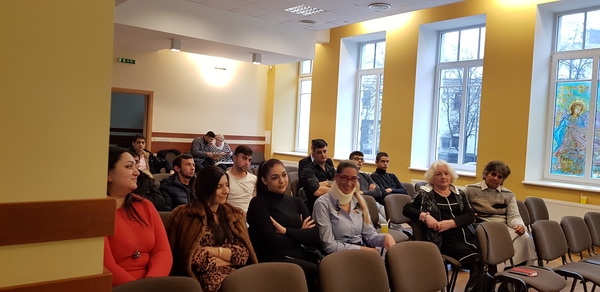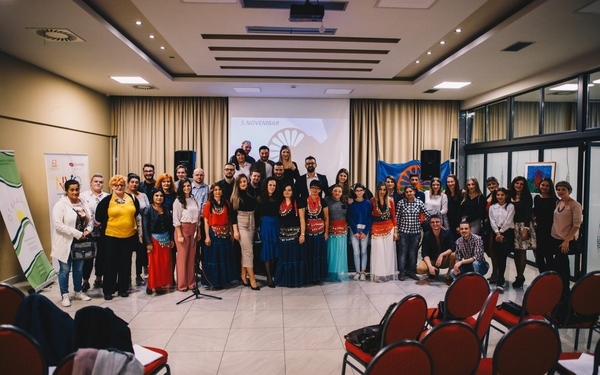 The Council of the EU adopts a recommendation for more inclusive measures to boost youth employment by reinforcing the Youth Guarantee – Will Roma youth be included?!
The Council of the EU adopts a recommendation for more inclusive measures to boost youth employment by reinforcing the Youth Guarantee – Will Roma youth be included?!
On 30th of October, the Council of the European Union adopted by unanimity a Recommendation on ‘A Bridge to Jobs – Reinforcing the Youth Guarantee’. The new scheme affirms the upcoming commitment of the EU Members States to set national schemes in order to help young people receive an offer of employment, education, traineeship or apprenticeship within a period of four months of becoming unemployed or leaving formal education. This initiative comes at an urgent time across the EU, during the COVID 19 pandemic, which brought high youth unemployment rates and increased the number of young people not in employment, education, or training (NEETs). Even before the crises Roma youth which as it shown in the last data issued by Fundamental Rights Agency 63% of Roma aged 16-24 were not employed, in education or training (55% of young Roma men and 72% of young Roma women
This is not a new initiative, it follows the EU Council Recommendation of 22 April 2013 on establishing a Youth Guarantee, which numerous studies and ERGO research showed that failed to reach its full potential nor to include the most disadvantaged groups, such as Roma youth.
What is new?
The new Recommendation is considering the concerns of youth organizations and tackles some of the gaps in its implementation, identified as well by ERGO Network. The Recommendation extends the age limit for targeted young people from 25 to up to 29 years old. The new Recommendation also clearly state that the Members States should create supportive measures at national, regional, and local level by providing clear guidelines such as:
- mapping – identifying target groups, available services, skills needs and young people at risk of becoming a NEET
- outreach – targeted information campaigns among young people and reaching out to NEETs
- preparation – better profiling to match needs and responses, counselling, and guidance, and improving digital and other important skills
- offer – employment incentives, quality and equity, and post-placement support
Now is the moment to make sure that the Member States include the voice of the most deprived in the implementation of the Youth Guarantee, and that they take into account the situation of Roma youth. One of the main concerns when it comes to the Roma youth is the outreach offer and preparation in a time of pandemic, where many times the ones that need to be a priority are left out due to centuries of discrimination and low standards of education, which is the result of ongoing poverty cycles.
ERGO Network asks Member States to:
- Invest in continued education (and training): enrolment in formal education or training programs leading to a recognized qualification, keeping in mind an individual approach.
- Train employment officers and employers to fight antigypsyism: There is a need to train the employment offices as well as potential employers on historical and present antigypsyism, specially to counter the phenomenon during the recruitment process.
- Improve cooperation between young Roma and labor offices: Governments should encourage a closer communication between labor offices and young Roma people and their civil society representatives, to increase the number of Roma youth engaged with activation programs
- Hire Roma mediators as social workers/employees of the public employment services and local authorities with the main file and aim to assist Roma youngsters to access the initiatives under the Youth Guarantee, to ensure individual empowerment and ownership.
- Take a holistic approach: Programs should be created to directly fight youth unemployment with an embraced holistic and multi-sectoral approach, in line with the Active Inclusion Recommendation. Efforts to support young people towards quality education and employment should be complemented by access to adequate income and services such as housing, transport etc
- A more flexible and accessible registration process of public employment services, to ensure that no young person falls through the gaps and remains out of the social systems of their country – a situation young Roma often find themselves in
- More partnerships with educational institutions and NGOs who can more easily reach out to Roma and other marginalized groups. This requires dedicated funding that will allow these partners to support the public employment services in the delivery of the Youth Guarantee, or to directly establish contacts with employers and support the skills development of young people.
It will now be up to the Member States to implement the Reinforced Youth Guarantee. We will continue the monitoring and advocating for young Roma people to have quality opportunities through this initiative, on equal footing with majority youth.
For additional information regarding our work on the Youth Guarantee and Youth Employment, please contact Policy Officer Carmen Tănasie in the ERGO Network staff (c.tanasie@ergonetwork.org).





